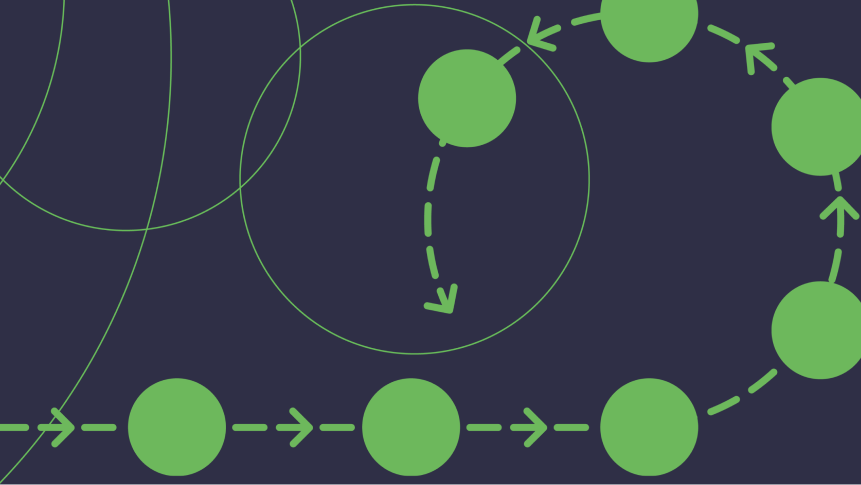When city governments and local authorities buy products and services from private companies, they can play a major role in driving demand for products and services that promote the circular economycircular economyA systems solution framework that tackles global challenges like climate change, biodiversity loss, waste, and pollution. It is based on three principles, driven by design: eliminate waste and pollution, circulate products and materials (at their highest value), and regenerate nature.. Circular economy principles and criteria can be applied to purchase various products and services, such as buildings, public transport, furniture, food, and packaging.
By engaging with potential suppliers during the procurement process, city governments can encourage businesses to adopt more circular economy practices. Piloting circular economy approaches to procurement is often the first step in shifting public finances towards wider circular economy adoption.
Through circular procurement, city governments can also reconsider what they buy and how they buy to achieve the best-desired outcomes. For example, instead of procuring vehicle fleets, city governments can procure access to more sustainable mobility solutions that reduce congestion and air pollution.
By adopting a more circular approach to the procurement of goods and services, cities have the opportunity to enable the transition towards a circular economy and boost local economies.
Public procurement guide
The following guide helps practitioners in city governments adopt a more circular approach to public procurement. Public procurement processes differ from one city to another, so this guide is not a one-size-fits-all solution. Instead, it provides an overarching framework that should be adapted to the local context and the realities of each city. Each step includes questions to consider, examples of how other city governments have implemented circular procurement, and resources.





